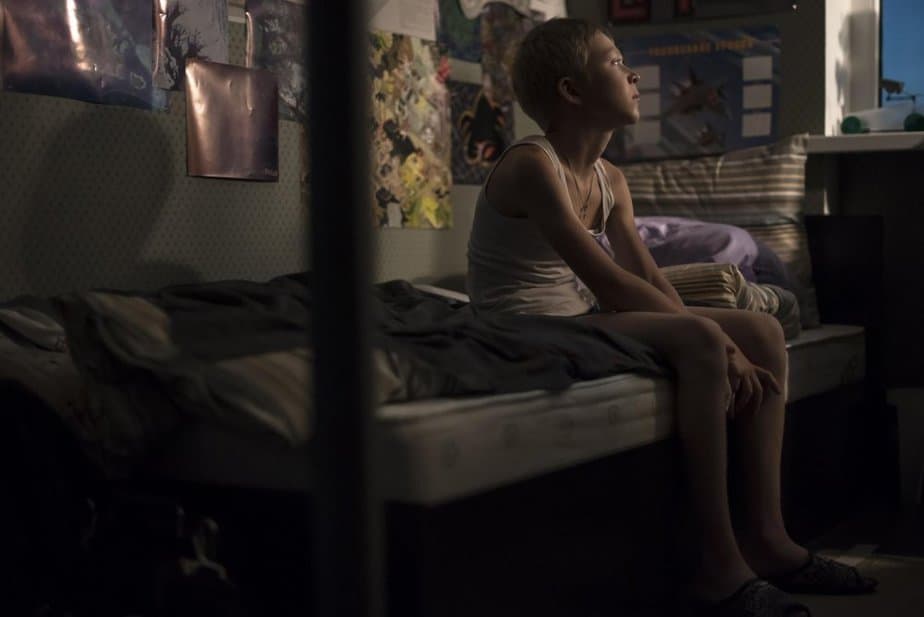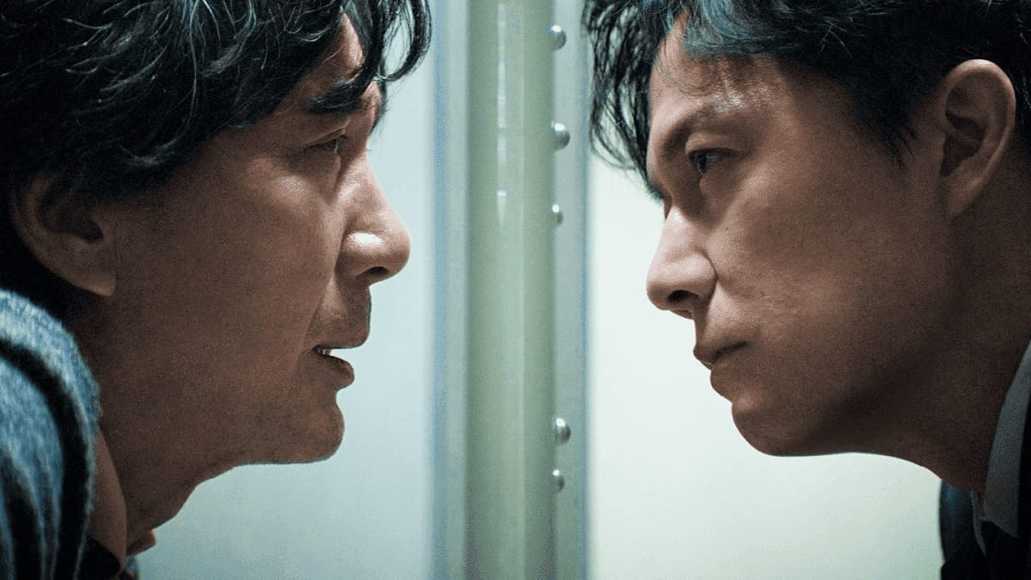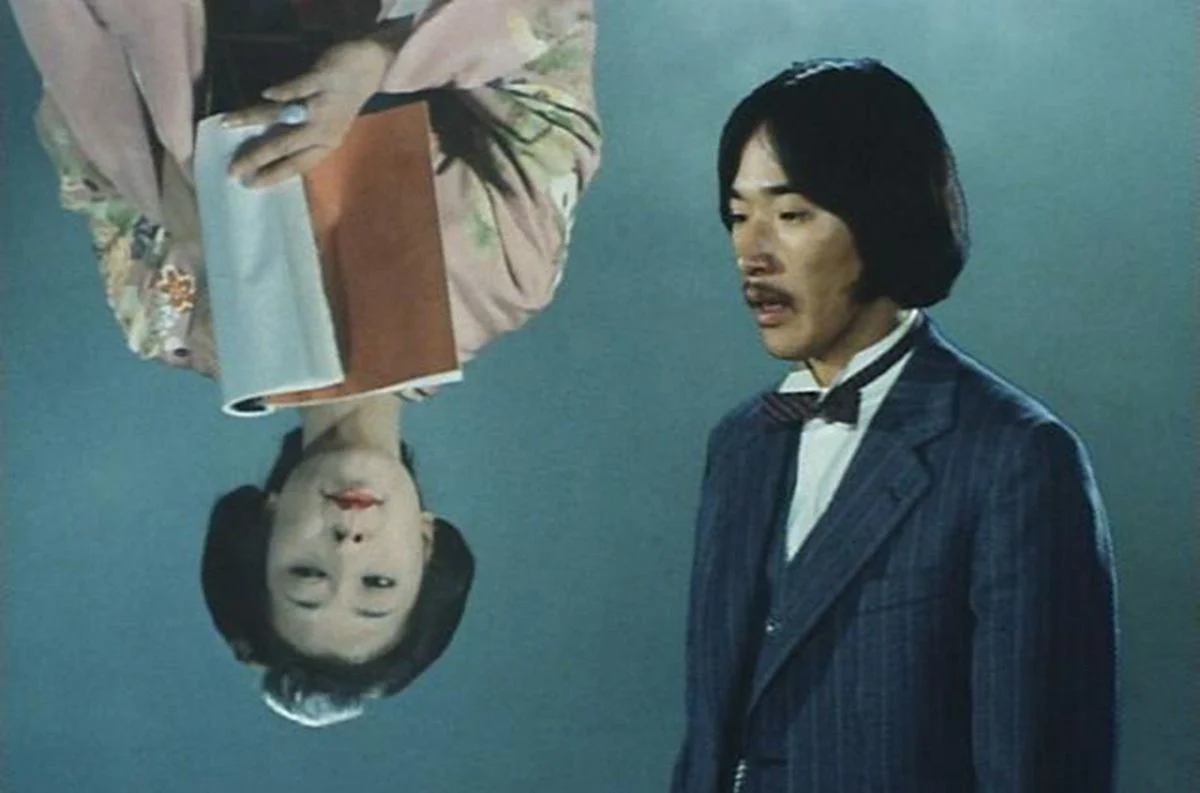Russian filmmaker Andrey Zvyagintsev's fifth movie, after the colossal 2014's “Leviathan”, is a harsh and cogent critique to his motherland, starting from an observation of its more traditional institution – the family – and broadening to the whole contemporary Russian society.
Buy This Title
Boris (Alexey Rozin) and Zhenya (Maryana Spivak) are a Russian couple, a typical example of a middle-class that is becoming increasingly affluent. The two have reached the bitter end of their relationship; they can't stay in the same space for more than few minutes without starting pathetic squabbles that inevitably end up in full-blown, very angry brawls. In fact, they are only waiting to sell the apartment where they still live as “separated-at-home” together with their 12-year-old son Alyosha (Matvey Novikov). After getting rid of this last bit of shared life, they will be free to move on as they both have new relationships and are looking forward to having a fresh start. Boris, a soft-natured and submissive employee in a sale company, has a child on the way with his young new partner; on the other hand, Zhenya is more than happy to get away from every possible declination of motherhood. Ambitious and materialistic, her designated new man is a wealthy fifty-year-old divorcee with a grownup daughter (hence out of the way) and a beautiful apartment.
The only soul who doesn't seem to be part of their life plans is the timid Alyosha who cannot help listening to his parents, unashamedly trying to dump him to one other in loud discussions and blaming the boy's unwanted existence for forcing them into their ill-fated marriage. One day, the child leaves the house like every morning to go to school but doesn't come back. In this loveless and careless family, the two parents take a while to notice Alyosha's disappearance and when finally report it to the police, the action is slowed down by clumsy bureaucracy and only a group of volunteers, specialized in looking for missing people, manage to set the search in motion. The dramatic circumstance doesn't bring the parents closer; on the contrary, they stiffen even more and keep blaming each other, not much for the disappearance of their child, but, plain selfishly, for their own unhappiness. But Alyosha is still missing. Has he been kidnapped? Is he still alive? And meanwhile, the icy season has just begun.
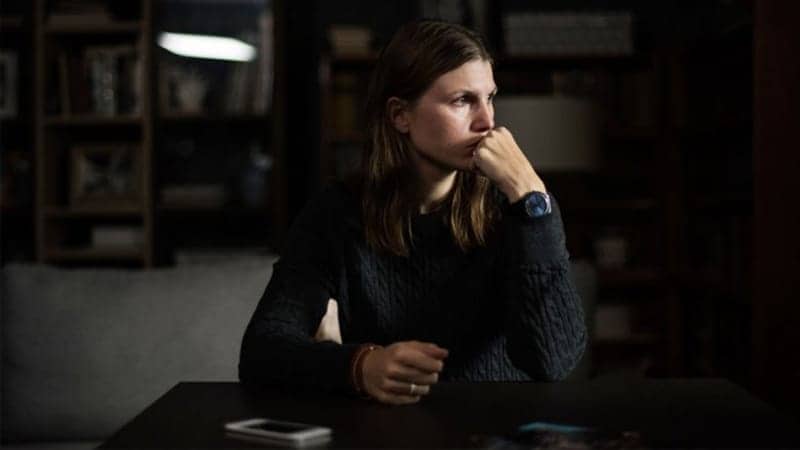
“Loveless” is a disquieting chilling film that hits hard the most instinctive part of our consciousness and creeps under our skin. It has all the dynamics of a thriller and, at times, of horror films, but in reality, Zvyagintsev, slowly and relentlessly, builds a dark portrait of contemporary Russian society and the devastating absence of love and empathy that nurtures it and, at the same, time poisons it. The malaise that the film gradually instills is a deep and penetrating anxiety, a sense of serious and inexorable loss, not of something that fades before our eyes, but of something that has not been there for a long time.
The scattered fragments of small details – mundane chit chat between office colleagues, gossiping beauticians, nice apartments, posh restaurants, power and prosperity flaunted on Instagram – comes together into a whole final mosaic, reflecting an immense emptiness of the soul. A visit to Zhenya's estranged mother is a little grotesque set-piece of deep-rooted resentment and opens up cracks from which we can see the seeds of the two women's anger and what made Zhenya the monster she truly is. The absence of love has its roots in a dry and deprived land, whose fruits are inevitably rotten.
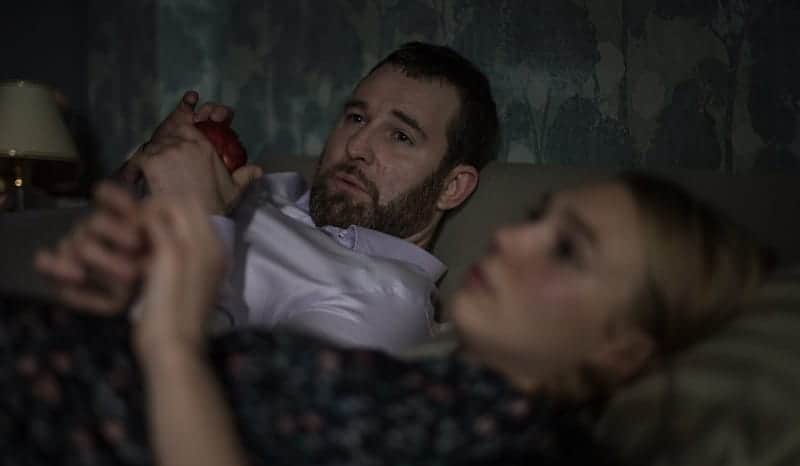
“Loveless” is also full of highly symbolic and evocative images, eerie and hard to shake off, disturbing in a Haneke-style. An abandoned luxury condominium in the outskirts, where the child had created a secret hiding place, is an empty and desolate giant; the name “Alyosha” shouted by the volunteers resounds uselessly in the crumbling and cold salons, with enormous allegorical power. And more, in one of the film's unforgettable scenes, a door slammed with anger reveals to the viewer the horror that lies behind it, a face twisted in a muted scream, a soul without a voice and without visibility.
Acting is top-notch all around but Maryana Spivak truly stands out as the multifaceted and complex Zhenya, a true product of her place and time. “Loveless”' original soundtrack leaves long stretches of the film uncovered to match the somber realism of the cinematographic style and instead emphasizes the pivotal points with melancholic and poignant arcs. However, at the beginning and at the end of the narration, the director effectively lets the radio and television talk. The news about the imminent end of the world prophesied by Maya, or the scenes of the Ukrainian crisis (the film is set in 2012) act as a dissonant and powerful commentary to ordinary scenes of everyday life.


